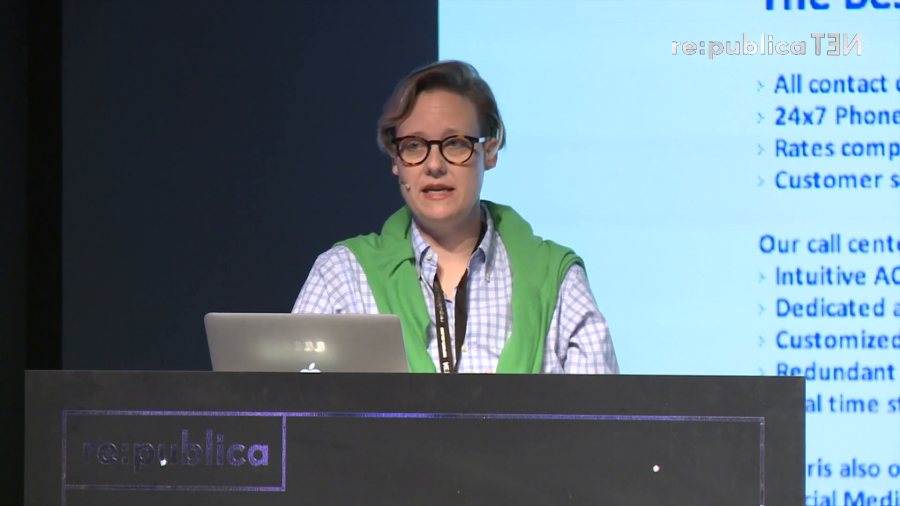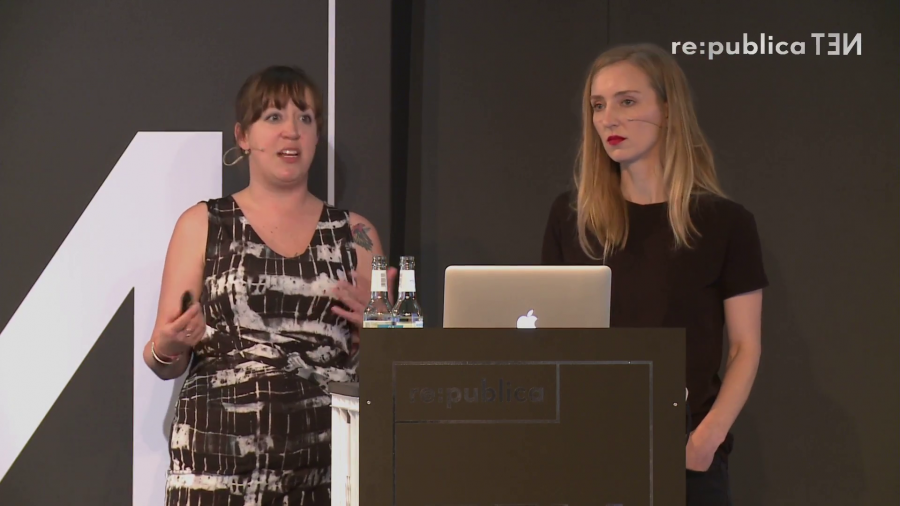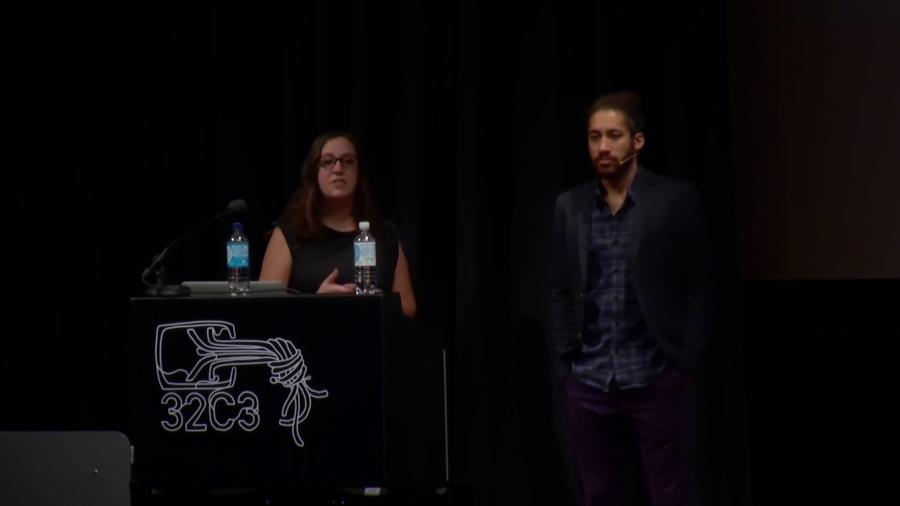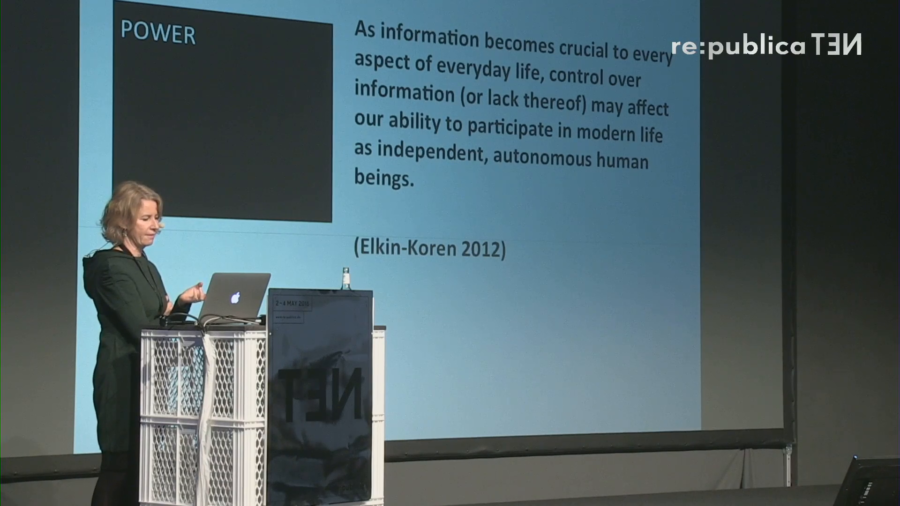What does it mean for human rights protection that we have large corporate interests—the Googles, the Facebooks of our time—that control and govern a large part of the online infrastructure?
Archive (Page 2 of 2)

When I asked my peers and my professors if they’d ever heard of this type of work, two things happened. The first thing is that they said no, they hadn’t. The second thing they said, which is probably what you’re thinking, is, “Well, can’t computers do that?” And in fact the answer to that is no.

What we’re talking about today is how social media, and specifically Facebook because we’ve found that they have the strictest policies around this topic, how these social media companies censor art, and specifically nude art. We believe that nude art is an important part of our culture, an important part of our history, and an important part of our present.

Social media companies have an unparalleled amount of influence over our modern communications. […] These companies also play a huge role in shaping our global outlook on morality and what constitutes it. So the ways in which we perceive different imagery, different speech, is being increasingly defined by the regulations that these platforms put upon us [in] our daily activities on them.

